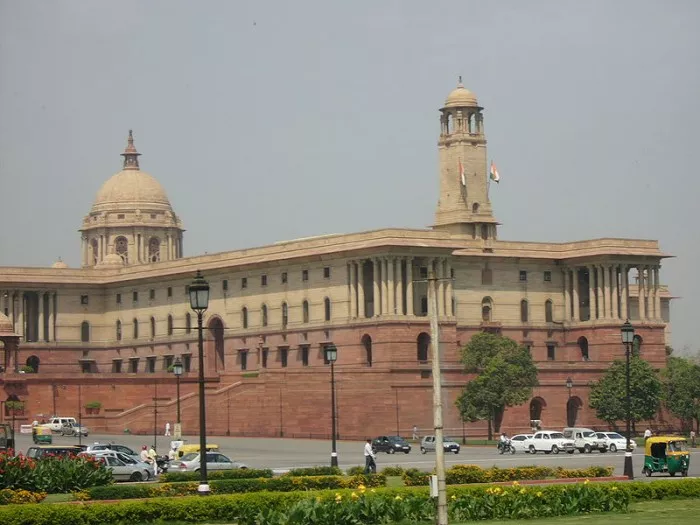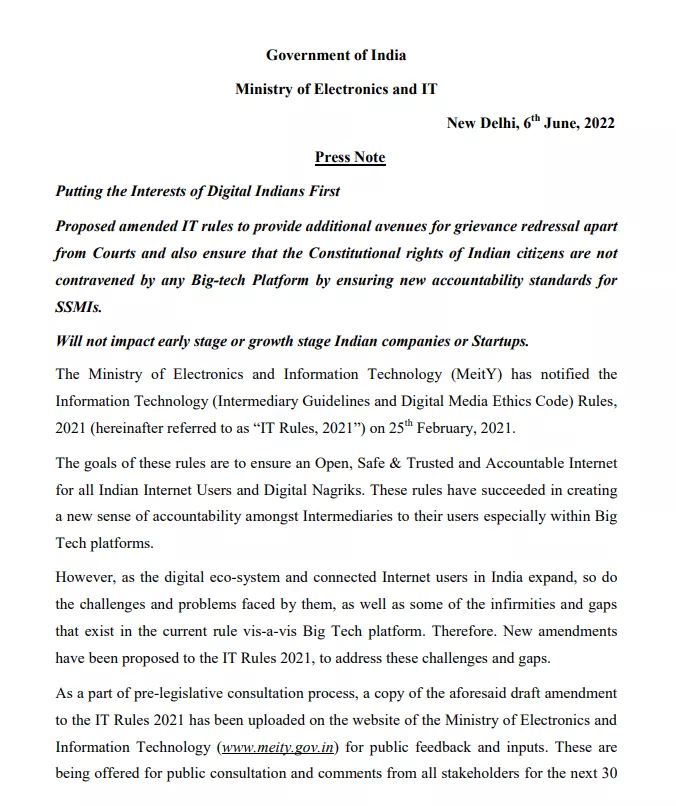
If promulgated, this will be the first time in the world that a country has set up such an appeal panel. The Indian government is currently soliciting public opinions on the proposal. The deadline is 30 days. It said that the new amendment "will not affect Indian companies or start-ups in the early or growth stage", which is a comfort to local giants such as dailyhunt, sharechat and Koo.
In terms of number of users, India is the largest market for youtube and Facebook, as well as an important overseas region of twitter.
According to the current law, the content review decision of social media giants such as Facebook, youtube and twitter can only be appealed to the court. In a statement The proposed "new accountability standard" aims to ensure that "the constitutional rights of Indian citizens are not infringed by any large technology platform". "The acts of some intermediaries violate the constitutional rights of Indian citizens," the ministry added.
Prior to the proposed revision of the information technology rules, American technology giants have been promoting the appointment and sharing of contact details of complaint handling officials in recent years, solving on-site problems in a timely manner and coordinating with law enforcement officials.
The Ministry of electronic information technology of India said: "these rules have successfully created a new sense of responsibility for its users among intermediaries, especially in large technology platforms."
Google, twitter, meta and many other companies have fully or partially complied with the information technology rules that came into effect last year.
These rules also require important social media companies that operate encrypted information services to design a method to track the sender of information for special cases. Several companies, including Facebook's WhatsApp and signal, failed to comply with this requirement. WhatsApp sued the Indian government last year for this request.
Last year, twitter faced a government backlash against its decision not to block some accounts and tweets that New Delhi deemed offensive. This upsurge occurred after the company's top management vacated their positions and assumed different roles in the company.
The Internet Freedom Foundation, a digital rights advocacy organization headquartered in New Delhi, expressed serious concern about the rules of information technology, calling them "anti democratic and unconstitutional". The organization said in a statement that the proposed changes "will only perpetuate existing illegal acts".
